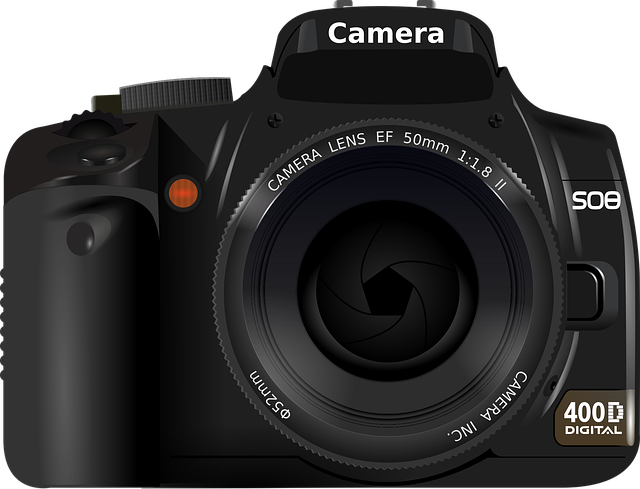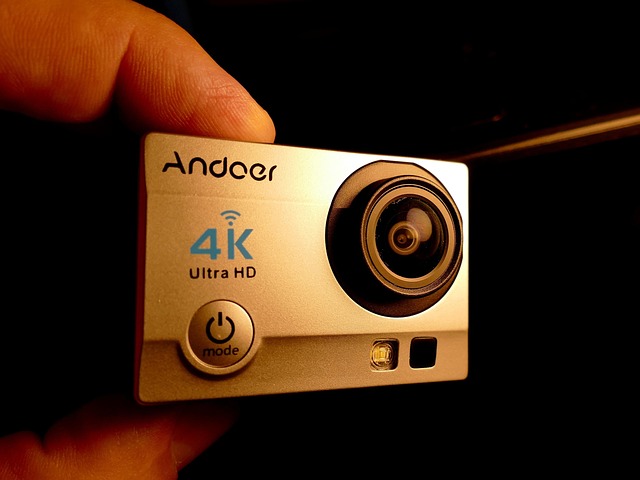Advanced Driver Assistance Systems (ADAS) rely on dash cams for enhanced safety and accident reconstruction. When selecting a Select Dash Cam, prioritize night visibility, detailed footage, and affordable features comparable to pricier models. Focus on sensors, wide-angle lenses, GPS tracking, motion detection, and cloud storage for comprehensive safety and peace of mind. Integrate with modern infotainment systems for real-time data display and accurate location tracking. Balance ADAS benefits with privacy concerns by understanding dash cam features and legal implications.
Advanced Driver Assistance Systems (ADAS) are transforming the way we drive, enhancing safety and comfort. At the forefront of this technology is dash cam technology, which not only records driving events but also plays a critical role in ADAS features like collision avoidance and lane departure warning. This article explores the symbiotic relationship between dash cams and ADAS, providing insights into selecting high-quality dash cams, their integration with vehicle infotainment systems, and addressing legal implications and privacy concerns.
- Understanding Advanced Driver Assistance Systems (ADAS)
- The Role of Dash Cams in ADAS Technology
- Select High-Quality Dash Cam Features for Safety
- Integrating Dash Cams with Vehicle Infotainment Systems
- Legal Implications and Privacy Considerations of Dash Cam Usage
Understanding Advanced Driver Assistance Systems (ADAS)

Advanced Driver Assistance Systems (ADAS) are revolutionizing the way we drive, enhancing safety and efficiency on the roads. These systems use a combination of sensors, cameras, and software to assist drivers in various ways, from maintaining lane centration with Lane Keeping Assist to automatically applying brakes in emergency situations through Forward Collision Warning. One integral component that plays a crucial role in ADAS is the dash cam technology.
Selecting the right dash cam can significantly bolster your vehicle’s safety features, especially for night driving assistant. Modern, high-quality wide-screen dash cams offer superior visibility and clarity, even in low-light conditions. Moreover, these advanced cameras can capture detailed footage, which is invaluable for accident reconstruction and legal purposes. An affordable dash cam doesn’t have to compromise on performance; many budget-friendly options now provide features comparable to more expensive models, ensuring you can still enjoy the benefits of enhanced driving assistance without breaking the bank.
The Role of Dash Cams in ADAS Technology

Dash cams have emerged as a pivotal component within Advanced Driver Assistance Systems (ADAS). These compact yet powerful devices capture high-resolution footage of a vehicle’s surroundings, offering a 360-degree view that enhances safety and aids in accident investigations. By integrating select dash cams into ADAS technology, modern vehicles can achieve features like lane departure warning, adaptive cruise control, and automatic emergency braking, significantly improving road safety for drivers and pedestrians alike.
The versatility of dashboard recorders, also known as auto logging cams or auto incident recorders, extends beyond their primary role in accident documentation. They serve as valuable tools for fleet managers by providing real-time insights into driver behavior, helping to optimize routes, improve fuel efficiency, and reduce insurance claims. Moreover, the clear and detailed footage captured by these devices facilitates quicker dispute resolutions during insurance claims and legal proceedings, ensuring fairness for all parties involved.
Select High-Quality Dash Cam Features for Safety

When selecting a high-quality dash cam, prioritize features that enhance safety and peace of mind. Look for models equipped with advanced sensors like GPS tracking and motion detection to ensure your dashboard camera for car captures crucial data in case of an incident. A reliable dashboard recorder should offer clear video quality, wide-angle lenses, and night vision capabilities, allowing you to see clearly under any lighting conditions.
Consider additional features such as automatic collision detection and emergency braking alerts, which can provide valuable evidence and alert nearby drivers in the event of an accident. Additionally, models with Wi-Fi connectivity or cloud storage options make reviewing footage easier, ensuring you have a comprehensive record of your driving experience. Select a dash cam that aligns with these requirements to fortify your vehicle’s safety system.
Integrating Dash Cams with Vehicle Infotainment Systems

The integration of Dash Cams with modern vehicle infotainment systems has revolutionized driver assistance and safety. By seamlessly connecting to a car’s existing entertainment and navigation network, select Dash Cams can offer advanced features beyond simple video recording. These smart cams utilize GPS technology for accurate location tracking, enabling auto logging of driving events and enhancing incident reconstruction. This integration allows drivers to access real-time data on their infotainment screens, including speed, route history, and camera perspectives.
When choosing a Dash Cam, consider models designed for specific vehicle types, like the dashcam for truck, which often feature robust construction and wider angle lenses suitable for large vehicles. Advanced cams may also incorporate AI for object detection, automatic incident recording, and seamless upload capabilities to cloud storage. With these features, drivers gain valuable insights into their driving patterns, helping them stay safe on the road while providing comprehensive evidence in case of emergencies or disputes.
Legal Implications and Privacy Considerations of Dash Cam Usage

The widespread adoption of dash cams has brought about significant advancements in advanced driver assistance systems (ADAS). However, it also raises important legal and privacy considerations that drivers, manufacturers, and regulators must address. The selection of a suitable dash cam becomes crucial here, as different models offer varying features like real-time alerts, GPS tracking, and hidden camera options, each with its own implications.
While these technologies enhance road safety by providing evidence in case of accidents or incidents, they also pose risks to privacy. Dash cams capture detailed video footage, including personal information and behavior patterns, which must be handled responsibly to comply with data protection laws. As the use of dash cams becomes more prevalent, so does the need for clear guidelines on data storage, access, and distribution, ensuring that drivers’ rights to privacy are respected while reaping the benefits of advanced driver assistance.
Advanced Driver Assistance Systems (ADAS) are transforming the way we drive, enhancing safety and convenience. Dash cam technology plays a pivotal role in this evolution, providing crucial data for ADAS features like collision avoidance and lane-keeping assist. When selecting high-quality dash cams, consider key features that prioritize safety and reliability. Integration with vehicle infotainment systems further streamlines driving experiences. However, it’s essential to navigate legal implications and privacy considerations regarding dash cam usage. By choosing the right dash cams and understanding their role in ADAS, drivers can leverage this technology for safer, smarter journeys.
